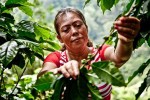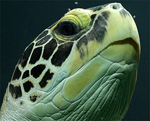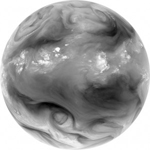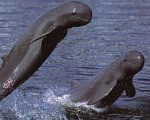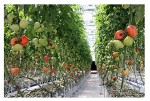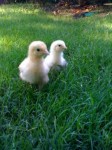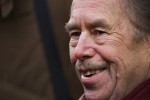Fair Trade Business Is Growing, Part 2 – Surprisingly Robust Spanish Market | Recesión española respeta economía solidaria | Recessão espanhola respeita economia solidária
By Inés Benítez, Tierramerica, IPS, Global Issues. The economic and financial crisis afflicting the European Union (EU) countries has scarcely affected the sales of fair-trade products in Spain, especially foods from Central and South America. (English | Spanish | Portuguese)
Continue reading →
